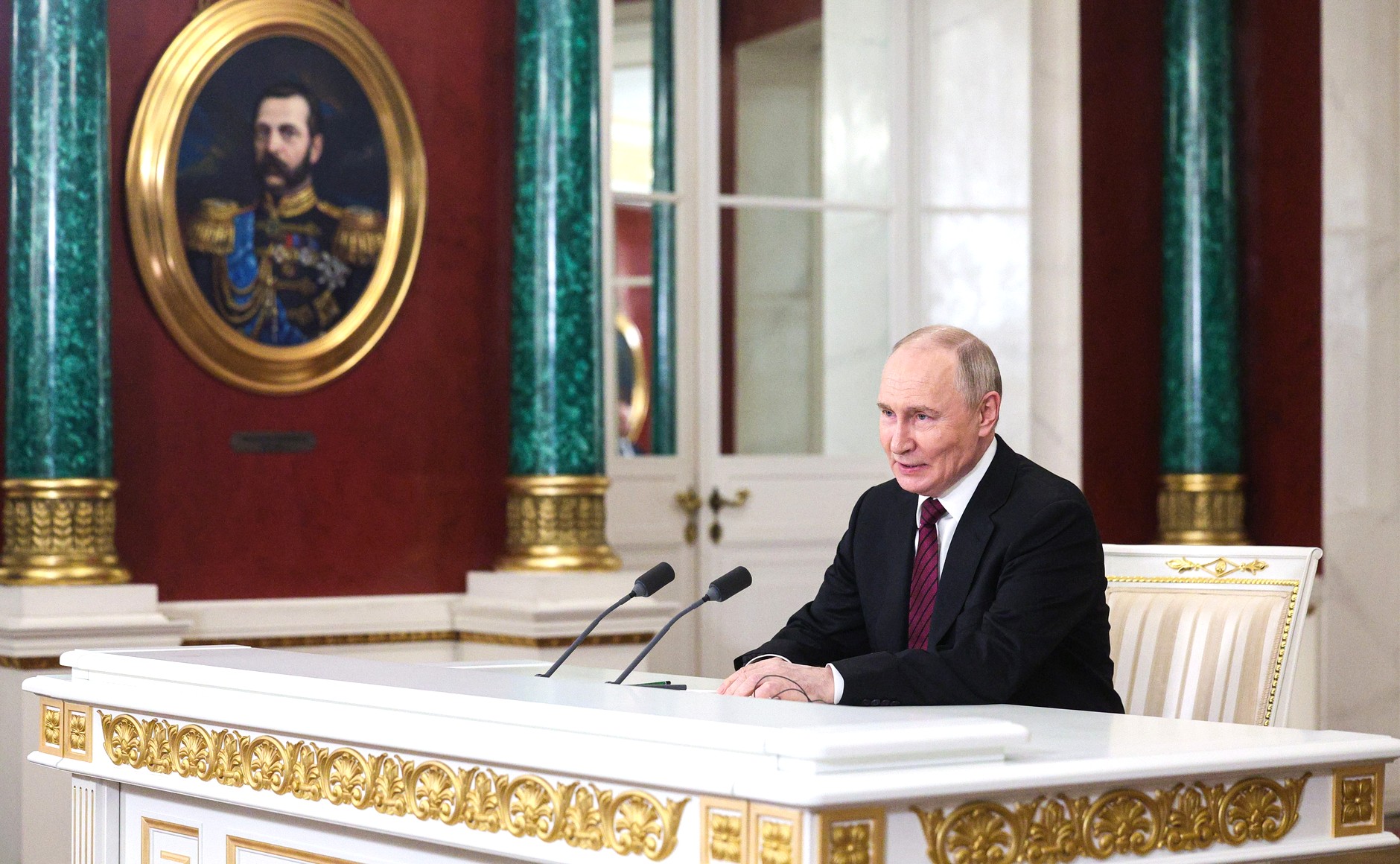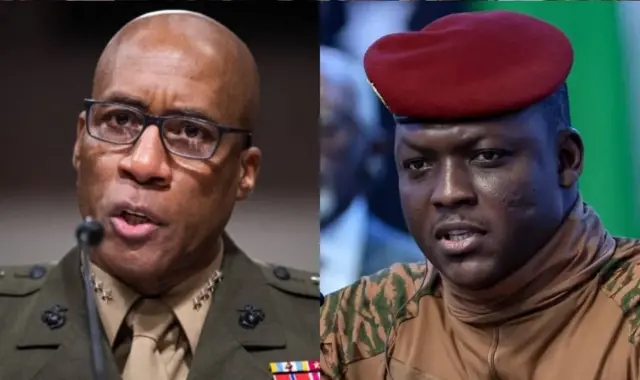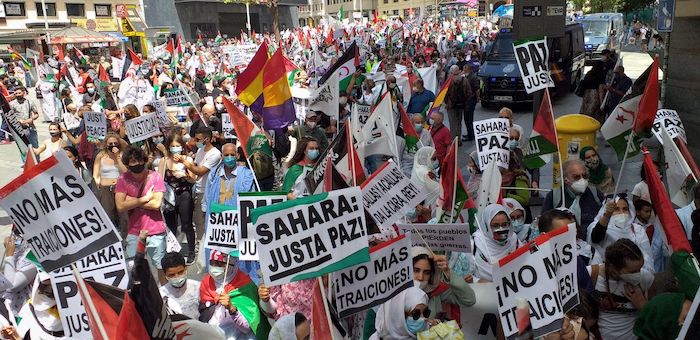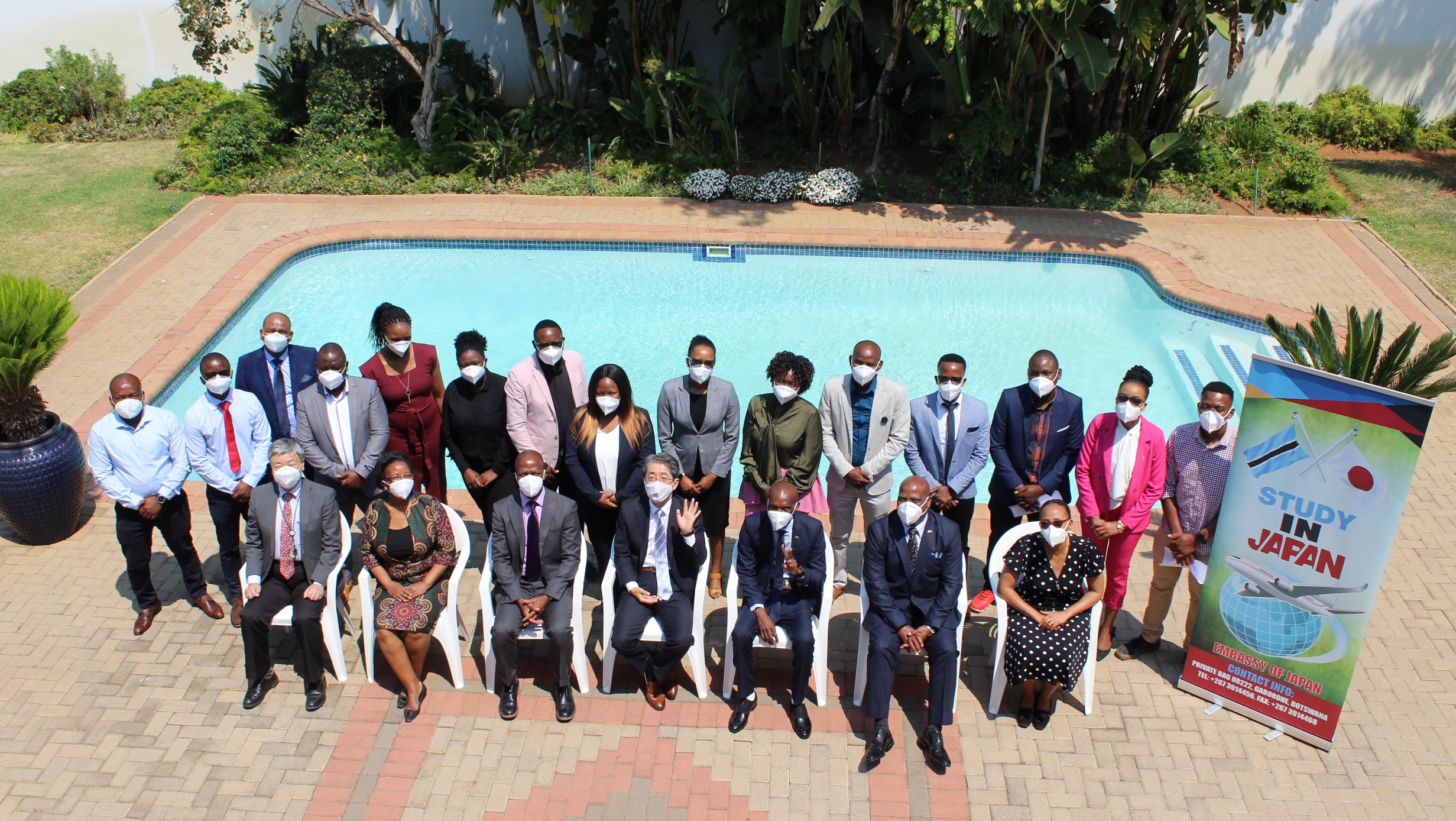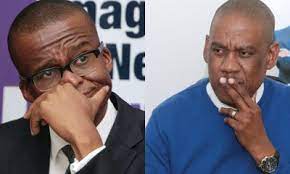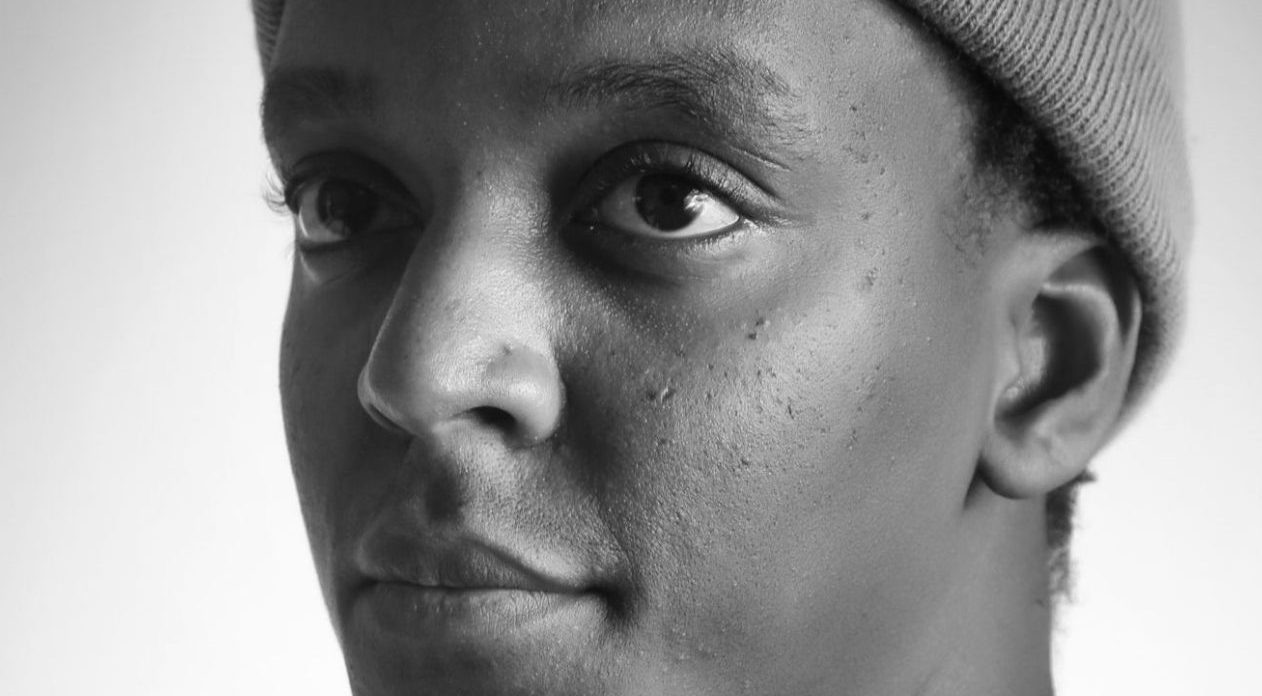
Moreetsi Gabang
By Cynthia Thanda
The Pan Afrikanist reporter
Just like most stories, Moreetsi Gabang has always been compelled by the arts such as drawing and writing from a very young age.

However, it was after his mother brought him the first DSLR camera that he realised film, which combines all the mediums into one, was his ideal fit.
This passion brought forth a film called Motswakwa, a story about a father and daughter who, upon discovering that their application for asylum in the UK has been rejected, must go beyond the law to secure their safety.
It was inspired by the effects of Brexit and the 2006 “Lunar House Sex Scandal”, in which senior UK immigration officers were actively requesting sex from female asylum seekers in exchange for successful visa applications.
Moreetsi sought to bring his own perspective on humanity by exploring a father-daughter relationship to understand the factors that trigger and motivate someone to go to extreme lengths to achieve their dreams.
Join the PanAfrikanist family as they sat down to dig the diamond inside the young black Motswana.
As a young Motswana hell-bent on sharing his country’s stories with the rest of the world, Moreetsi seeks to produce original work that will generate critical discussions and expand professional networks that foster the growth of Botswana’s film industry.
By offering an environment that promotes collaboration and the development of skills for the creatives, he hopes to inspire a generation of self-managed, self-motivated, and self-sufficient filmmakers who possess a shared spirit to work confidently, professionally, and with ethical responsibility in telling stories that are culturally specific to the continent’s people while still being universally accessible.
Moreetsi exuded inspiration as he explained that after three years of study, he received his BA in Motion Picture Medium from AFDA Johannesburg in 2016, double majoring in Screenwriting and Directing.
He then received the Vice-Chancellor’s Postgraduate International Scholarship to attend the London College of Communication where he completed his Masters in Film Practice, specialising in Screenwriting and Directing in 2018.
He has written and directed eight (8) short films, predominately in film school, while he has also worked on a number of films in various other roles.
According to him, a good story is a good story regardless of genre. He tries not to limit himself to any particular one because he still has a great deal to learn about this craft.
“It seems counterproductive to place oneself into a box, and so, with every project, I make it a point to try something new from a writing point of view”, he said.
When asked about scouting for actors and the language used in his films, Moreetsi firmly noted that the exact process of casting actors depends on the nature of the project.
He said that sometimes holding casting calls and auditions can land one the talent one is looking for but other times alternative methods like taking to the streets and talking to people are required, although “you have to be careful with the latter, especially if you’re casting minors”.
Ultimately, casting revolves around one’s story and budget. As for language, he had the privilege of spending his formative years in Botswana, as well as beyond its borders.
His films, therefore, tend to reflect this upbringing through their multilingual dialogue, which he approaches like any other storytelling element, such as a character’s particular costume, a certain kind of shot selection, or a choice of music.
He found that despite having directed works in English, Zulu, Setswana, Afrikaans and even Chinese, the language of cinema is truly universal.
In terms of his production structure, the number of cast and crew really depends on the project’s budget. It’s no small feat to feed and transport people, which is why filmmaking is such an expensive endeavour and regularly compared to war.
The organised chaos of a producing team, sorting out the logistics, a director charged with holding onto the vision of the project, the assistant directors running the set; the director of photography and his/her team dealing with camera and lighting; makeup and costume artists working their magic on talent who have got to nail every single take; the production designer as head of the art department; the sound team hell-bent on recording the best kind of sound; the production assistants, the post-production team, and so many other roles that play an equally significant part – it’s truly an army. Therefore, the number of people they tend to work with varies greatly.
“Where most people in Botswana see an infantile industry that regards filmmaking as a hobby with little opportunity, I see the endless potential to nurture a local Film and TV industry long undervalued and underfunded, and to export its stories beyond our country’s borders”, Moreetsi commented.
Most of his previous films were made in film school and so may never see the light of day. Nonetheless, he is proud of the work and truly grateful to the amazing cast and crew that brought them to life.
However, much in the same way that a carpenter wouldn’t exhibit their works developed under apprenticeship, so too would it be inappropriate of him to showcase his formative work. He is a firm believer in respecting the craft and its process.
Here are some of Moreetsi’s biggest achievements:
2009 – Second Runner-up in Bessie Head Literature Award Novel Category (Botswana).
2010 – Winner in Bessie Head Literature Award Short Story Category (Botswana).
2017 – AFDA JHB Class of 2016 Undergraduate Valedictorian (First Foreign-born Valedictorian in AFDA history)
2017 – Durban Talents Alumnus, Durban International Film Festival
2017 – Recipient of University of the Arts London’s Vice-Chancellor Postgraduate International Scholarship (first Motswana)
2018 – Graduated with a First and top of the class for Masters, London College of Communication
2018 – Quarterfinalist in the Screencraft Film Fund
2018 – Berlinale Talents Alumnus, Berlin International Film Festival
2019 – First Motswana to be nominated for an Africa Movie Academy Award
Despite his accomplishments, Moreetsi faces challenges of lack of adequate funding from both the public and private sectors, lack of collaboration in an overly saturated market, and lack of respect and understanding of the craft.
However, that has never stopped the creative river in him from overflowing as he plans to be considered among the greatest filmmakers from Botswana and Africa.




